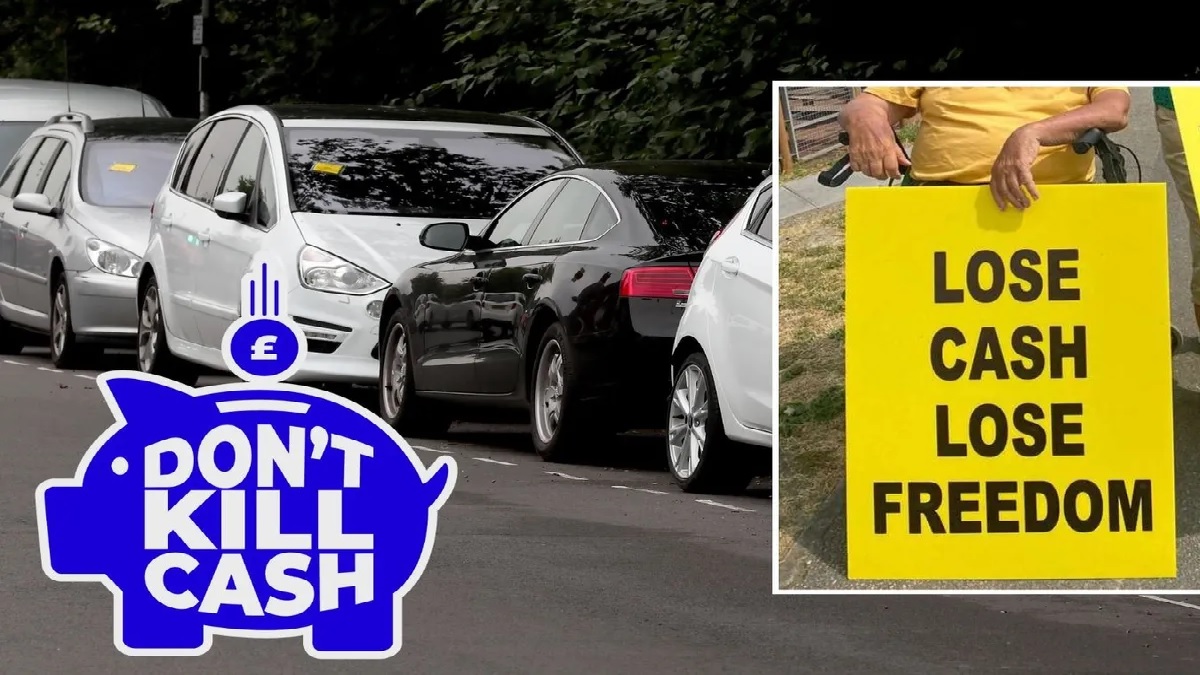Gb news don’t kill cash petition: Will it be a cashless society?
The worth and significance of physical money are being called into question in an increasingly digital society. But a recent uptick in support for the “Don’t Kill Cash” petition on GB News has brought attention to how deeply ingrained people’s affinity to actual money is. The petition gathered more than 50,000 signatures in only 24 hours, providing a potent reminder that money is still an important part of our culture.

Gb news don’t kill cash petition
The protection of one’s freedom and privacy is one of the main justifications offered by supporters of the “Don’t Kill Cash” petition. Cash transactions provide people with a certain amount of liberty since they let them keep control of their financial decisions without leaving digital traces. Many people have rallied behind this cause because they are worried about internet security and the possibility of digital spying and feel that cash transactions provide a crucial layer of defense against incursion and data leaks.

The significance of inclusive access to economic activity is another important aspect influencing the support for cash. Although there are more and more people using digital payment methods, it is important to recognize that not everyone has access to digital infrastructure. Vulnerable people, the elderly, and people who live in rural locations might not have the means or technical knowledge needed to fully accept digital transactions. By doing away with currency, we run the danger of alienating these people and escalating already-existing economic inequalities. The “Don’t Kill Cash” initiative gives individuals who support financial inclusiveness a voice and works to make sure that nobody is left behind in our quickly changing digital environment.

Digital payment systems provide ease, but they are not impervious to technological blunders. Digital transactions may not operate smoothly if there are network disruptions, power outages, or cyberattacks. In such circumstances, cash emerges as a dependable backup, guaranteeing that crucial transactions can still occur. The “Don’t Kill Cash” petition’s backers contend that completely giving up real money would leave society open to unanticipated events that might stifle economic growth.
They can develop a robust system that protects against possible technology shocks by maintaining a good balance between digital and cash-based transactions. The use of money permeates both our social and cultural norms. Physical cash has emotional and symbolic value, which is why it is used for charity donations, tipping service providers, and providing pocket money to kids. Cash’s physical quality imparts a sense of tangibility and connection that computerized transactions lack. The petition’s proponents stress the need of preserving these customs and rites while highlighting the value of money that goes beyond its monetary value.






